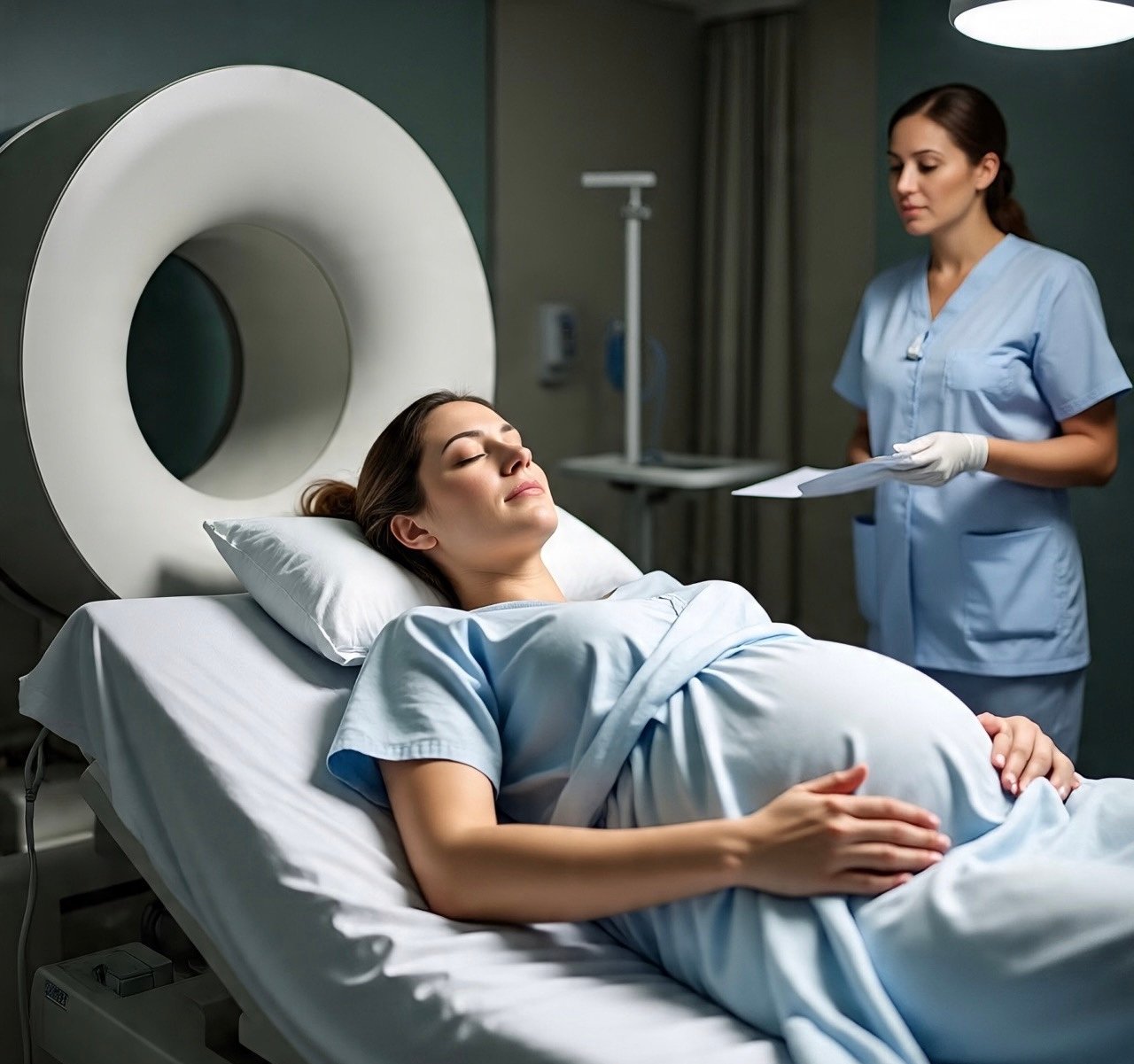A large Canadian study analyzing more than five million pregnancies suggests CT scans before conception may slightly increase risks of miscarriage and birth defects.
The research, published in the Annals of Internal Medicine, examined pregnancies in Ontario, Canada, between 1992 and 2023, providing the most extensive evidence to date on preconception imaging and reproductive health.
What the Study Found
Researchers tracked 5,142,339 pregnancies, which resulted in 3,451,968 live births. They found a dose-response trend, meaning more scans equaled higher risks.
Compared with women who had no CT scans before pregnancy:
- One scan raised miscarriage risk by 8% and birth defect risk by 6%.
- Two scans raised miscarriage risk by 14% and birth defect risk by 11%.
- Three or more scans raised miscarriage risk by 19% and birth defect risk by 15%.
Why the Results Need Cautious Interpretation
Experts stress that while risks rose, the absolute increase remained small. For example, a baseline miscarriage risk of 10% would rise only to 11.9% with three scans.
The findings also represent association, not causation. Many women undergoing CT scans had pre-existing health conditions—such as diabetes, hypertension, or smoking—which are themselves linked to pregnancy complications.
“Women who undergo CT scans were more likely to have health conditions that already increase pregnancy risks,” explained Dr. Alex Polyakov, a gynecologist at the University of Melbourne.
Is Radiation the Real Driver?
Interestingly, the risk increase was similar for head scans and pelvic scans. Since head scans expose reproductive organs to far less radiation, this suggests underlying medical conditions may play a stronger role than radiation itself.
“This raises doubts about radiation being the primary factor,” noted Derek Hill, a biomedical engineer at University College London.
Practical Implications for Patients and Doctors
The study reinforces current medical guidance: avoid unnecessary CT scans in young patients and women of reproductive age whenever safer alternatives exist.
- Ultrasound and MRI are already recommended as first-line imaging tools in many situations.
- CT scans remain critical in emergencies where delayed diagnosis could pose greater risks than imaging itself.
For patients, the message is clear: CT scans should be used judiciously, not avoided entirely when medically necessary.
Questions and Answers
Q: Do CT scans before pregnancy always harm fertility or pregnancy?
No. Risks were modest, and many women who had CT scans went on to have healthy pregnancies.
Q: Should women avoid CT scans altogether?
Not if medically necessary. Safer alternatives should be considered first, but CT scans remain essential diagnostic tools in critical care.
Frequently Asked Questions (FAQ)
1. How much does one CT scan raise miscarriage risk?
About 8% higher compared to women with no CT scans, according to the study.
2. Are head scans safer than pelvic scans for future pregnancies?
Surprisingly, both showed similar risk increases, suggesting underlying conditions may matter more than radiation exposure.
3. What should women planning pregnancy discuss with their doctors?
They should ask if ultrasound or MRI can provide the same diagnostic value with less risk.
Key Takeaway
The study of over five million pregnancies offers the strongest evidence yet that CT scans before conception may modestly increase pregnancy risks.
However, the findings highlight a crucial context: women needing CT scans often have health conditions already linked to complications.
For most patients, the takeaway is not to avoid CT scans entirely, but to use them carefully and prioritize safer alternatives when possible.
Disclaimer: The information provided in this article is for general informational purposes only and should not be considered medical advice. Always consult a qualified physician or healthcare professional before starting any new health practice, treatment, or following the tips mentioned here.




